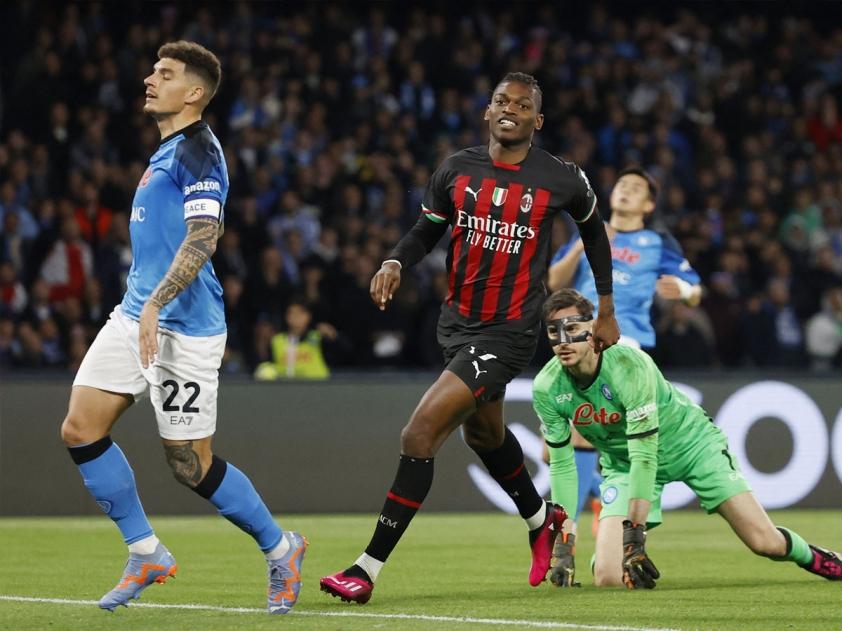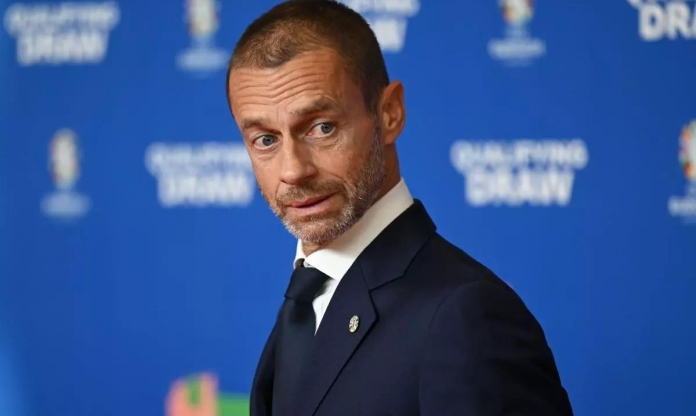UEFA sanctions two of Europe's great football clubs
UEFA has formally prohibited two clubs from taking part in European tournaments for violating financial rules, as Juventus acknowledges an ongoing investigation and the risk of sanctions.
Juventus recently released their financial report for the fiscal year ending June 30, 2025, confirming that UEFA initiated an inquiry on September 18 related to the "Football Earnings Rule" parameterFootball Earnings Rule parameter.
According to the documents, the investigation covers a three-year period from the 2022/23 to 2024/25 seasons, with a decision expected in spring 2026. Although Juventus reportedly complied with the Squad Cost Ratio regulations in the last two years, they may still face financial penalties or restrictions on registering new players if violations are confirmed.

Currently, Juventus is competing in the 2025/26 Champions League, but just two years ago, the "Old Lady of Turin" was banned from European competition for similar breaches. In 2023, besides a £17.1 million fine (partially conditionally suspended), Juventus was banned from the Europa Conference League for one season due to licensing and Financial Fair Play (FFP) violations.
In an official statement, UEFA said: “The CFCB First Chamber concluded that Juventus (ITA) breached UEFA's regulatory framework and violated the settlement agreement signed in August 2022.”
This ruling is similar to AC Milan's 2018 suspension from UEFA competitions after investigators found the club breached FFP rules, especially thebreak-even requirement. Although Milan appealed successfully to the Court of Arbitration for Sport (CAS) to overturn a two-year ban, a subsequent violation led to a one-year suspension agreement.

After finishing fifth in the 2018/19 season—qualifying for the Europa League—Roma (sixth place) was promoted instead, while Torino gained a spot in the Europa League qualifiers.
Since then, Milan has stabilized financially and avoided serious breaches. Previously, Manchester City was banned from the Champions League for two seasons over FFP allegations but successfully appealed to CAS, which lifted the ban and imposed only a financial penalty.
 UEFA Champions League to undergo major reform in 2027/28 season According to the Daily Mail, starting from the 2027/28 season, the UEFA Champions League will feature a separate opening match for the champions, along with grand opening ceremonies similar to those of the World Cup or Olympics. See more
UEFA Champions League to undergo major reform in 2027/28 season According to the Daily Mail, starting from the 2027/28 season, the UEFA Champions League will feature a separate opening match for the champions, along with grand opening ceremonies similar to those of the World Cup or Olympics. See more 

Wonderfulshortvideo
HAALAND goal today haaland goals haaland goals vs everton haaland vs everton haaland goals yesterday


arne slot post match interview slot press conference slot interview


amorim press conference amorim interview maguire goal mbeumo goal manchester united 2-1 liverpool


SALAH fail comp salah vs manchester united manchester united 2-1 salah vs united slot post match interview slot press conference








 Links
Links
 Contact
Contact
 App
App


